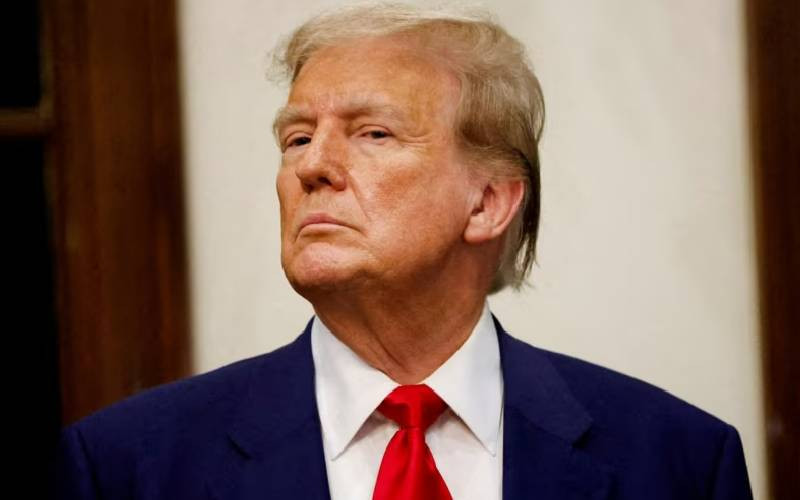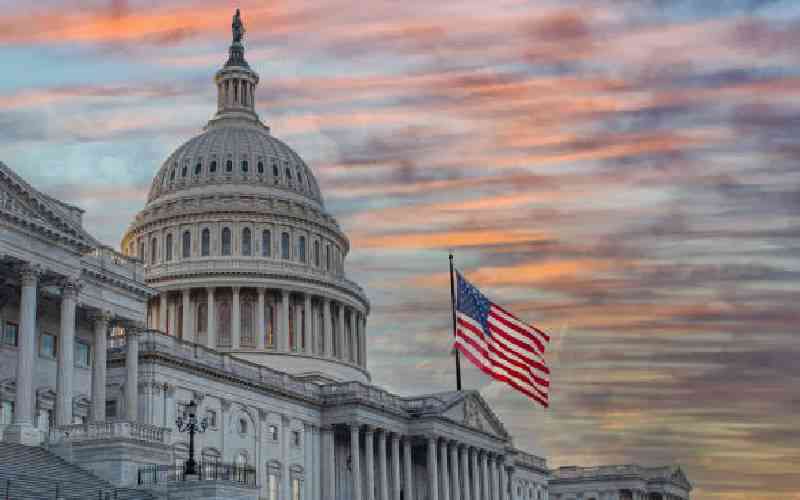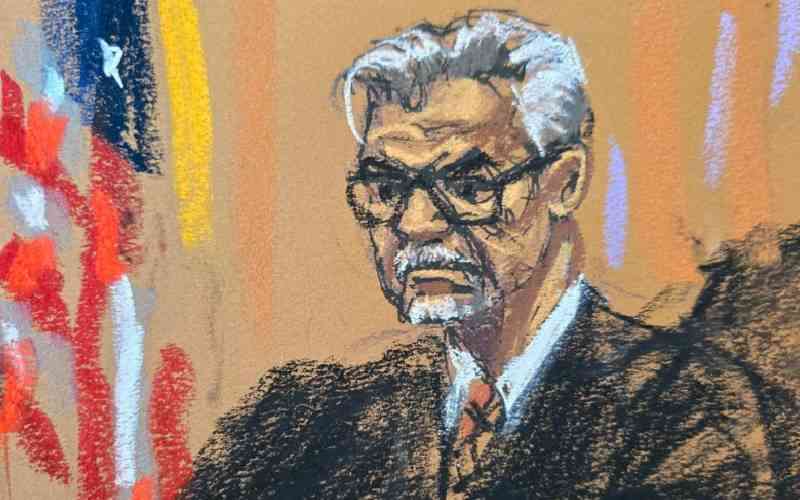The White House chief immunologist warned on Tuesday of the potentially "very serious" consequences of an overly hasty recovery in the US economy, as many countries around the world begin to relax their policies. containment in the face of the new coronavirus pandemic.
While Donald Trump does not hide his desire to restart the US economy as soon as possible, Dr. Anthony Fauci, chief health adviser to the American president, spoke during a hearing before the Senate "the risk of seeing a recovery" of the epidemic in the absence of an "adequate response".
The daily toll has gone up again in the United States, with nearly 1,900 additional deaths in 24 hours. A rebound, after two consecutive days under the thousand mark, which brings to 82,246 in total the number of deaths recorded in the country.
Health officials in Los Angeles County, the second-largest city in the country, said containment measures would likely remain in effect until the end of July, unless there is "dramatic change".
Pence "keeps his distance"
The White House itself was not spared the coronavirus: the American vice-president Mike Pence, whose close collaborator was tested positive, decided to keep his distances from Donald Trump "for a few days".
Faced with a global health disaster that has killed more than 290,000 people and affected more than 4.2 million people, according to an assessment of official sources, no doubt largely underestimated, all countries are trying to find the difficult balance between measures intended to halt the spread of the disease and decisions to revive economies affected by an unprecedented crisis.
Although Russia became Tuesday, according to a count of AFP, the second country in the world in number of contaminations (more than 232,000), President Vladimir Putin has thus given the green light to the beginning of deconfinement.
Each Russian region can slowly lift certain restrictions - opening of beauty salons, parks, etc. - depending on its epidemiological situation, the number of beds and respirators available, but Moscow, the main focus of the epidemic with 121,301 cases detected, has extended his confinement until May 31. Kremlin spokesman Dmitri Peskov said on Tuesday that he had been infected.
"Self-sufficiency"
In India, about thirty trains were to start running between the capital New Delhi and certain large cities, with the usual precautions: compulsory wearing of a mask, taking body temperature, travel ban in case of symptoms.
Prime Minister Narendra Modi announced Tuesday an economic recovery plan of around 250 billion euros, equivalent to almost 10% of India's GDP, intended to lead the country to "self-sufficiency".
More modest, the Canadian government announced Tuesday the granting of a premium of up to 500 Canadian dollars (328 euros) to the approximately seven million retired Canadians, particularly affected by the epidemic of coronavirus.
In Iran, mosques, which were closed in March, will be able to reopen for two hours for three nights, to mark the Night of Destiny, the 27th night of Ramadan.
Stay informed. Subscribe to our newsletter
France and Spain, in particular, have also eased the containment measures for their populations, which have been tested by weeks of isolation.
Beaches
In France, part of the schoolchildren have taken or are about to return to the classroom, and the beaches of the French coast, from the Mediterranean to the North Sea via the Atlantic, could reopen this week end for walks or sports, subject to the agreement of the state authorities at the request of the municipalities.
The toll of the coronavirus epidemic in France was up again Tuesday evening with 348 new deaths in 24 hours, but the number of heavy patients in intensive care continues to drop, according to the Directorate General of Health.
The mayor of Paris, Anne Hidalgo, asked that the wearing of the mask, which is currently compulsory in public transport, be extended to "all the streets of the French capital".
In Spain, many of them experienced the joy of going back to bars, with strict hygiene measures. "We are always afraid of catching the virus, of infecting our loved ones, but we have to go out on the street, we have to live again," said Narcos Rodrigue in Tarragona.
But the Spanish authorities decided on Tuesday that people arriving in Spain from abroad would be subject to a 14-day quarantine, starting on Friday and for the duration of the state of alert, in force until May 24 but which could be extended.
First airline to embark on a path of resumption of traffic, the Irish low-cost airline Ryanair announced Tuesday the resumption of 40% of its flights from July and the implementation of sanitary measures such as the port masks and temperature measurements for travelers and crew, but without imposing social distancing.
Another important sign of an improvement in the situation, the German football championship will resume on Saturday, while its English, Spanish and Italian competitors are preparing to imitate it soon.
The American Gymnastics Federation has announced that it is canceling its national championships and other major events on its 2020 calendar.
In the absence of treatment or vaccine, which laboratories around the world are trying to develop, the WHO reminded on Monday that "extreme vigilance" was necessary.
The organization's health emergency manager Michael Ryan regretted that "some countries", which he did not name, chose to "close their eyes and go blind" deconfinement, without identifying the sources of contamination or preparing sufficient hospital capacity.
In Wuhan, China, where the virus first appeared in December, will begin testing all of its eleven million people, media reported on Tuesday, although the information has not yet been released. officially confirmed.
 The Standard Group Plc is a
multi-media organization with investments in media platforms spanning newspaper
print operations, television, radio broadcasting, digital and online services. The
Standard Group is recognized as a leading multi-media house in Kenya with a key
influence in matters of national and international interest.
The Standard Group Plc is a
multi-media organization with investments in media platforms spanning newspaper
print operations, television, radio broadcasting, digital and online services. The
Standard Group is recognized as a leading multi-media house in Kenya with a key
influence in matters of national and international interest.
 The Standard Group Plc is a
multi-media organization with investments in media platforms spanning newspaper
print operations, television, radio broadcasting, digital and online services. The
Standard Group is recognized as a leading multi-media house in Kenya with a key
influence in matters of national and international interest.
The Standard Group Plc is a
multi-media organization with investments in media platforms spanning newspaper
print operations, television, radio broadcasting, digital and online services. The
Standard Group is recognized as a leading multi-media house in Kenya with a key
influence in matters of national and international interest.









